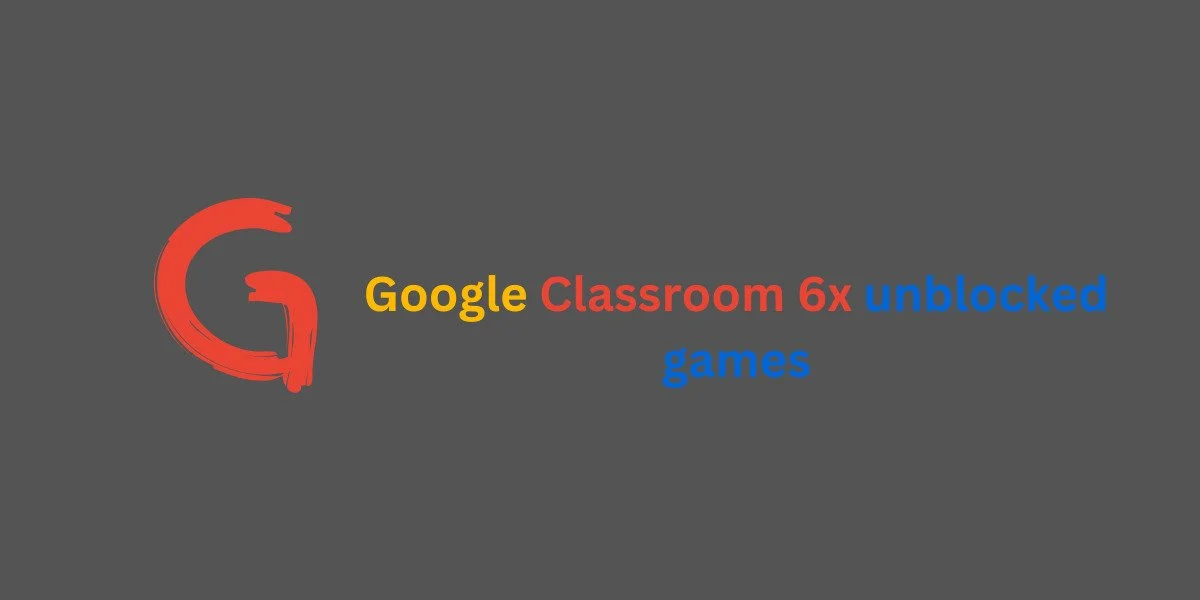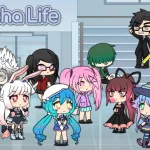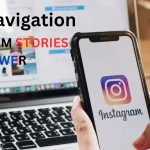The evolution of education in the contemporary era has been deeply intertwined with the advent of digital platforms. Google Classroom, a pivotal player in this transformation, has provided educators with a multifaceted tool for communication, assignment distribution, and collaborative learning. However, within the structured confines of academic utility, a novel facet has emerged – the exploration of unblocked games within the Google Classroom environment.
Decoding the Phenomenon: Google Classroom Unblocked Games Unveiled
Originally conceived as an educational hub, Google Classroom was designed to offer teachers a virtual space for efficient assignment management and resource sharing. Yet, some users have discovered methods to access unblocked games, injecting an unexpected leisure component into this educational interface.
Unblocked games, specifically tailored for accessibility even in restricted environments such as schools or workplaces, have become a diverting pastime for students. Employing various techniques like proxies, extensions, or alternative URLs, students seek momentary reprieves from academic pressures during class time.
The Ethical Crossroads: Balancing Leisure and Learning
The integration of unblocked games into the Google Classroom framework raises ethical questions. Educational institutions deploy content filters and restrictions to cultivate focused learning environments. Consequently, sidestepping these measures for gaming purposes challenges adherence to established educational norms and raises concerns about potential disruptions to learning objectives.
Proponents argue for the occasional incorporation of gaming, positing that it could provide short mental breaks, reducing stress and enhancing overall productivity. They advocate for a balanced approach, contending that controlled gaming could function as a cognitive reset, potentially boosting attention spans and engagement levels.
Conversely, critics emphasize potential downsides, including distraction from learning, compromised academic performance, and the reinforcement of addictive behaviors. They stress that Google Classroom’s primary purpose is academic advancement, and unrestricted gaming may undermine this fundamental goal.
Educational Impact and the Call for Responsibility: Navigating the Intersection
Educators and administrators find themselves at a crossroads, tasked with maintaining a conducive learning environment while embracing technological progress. Integrating discussions about responsible technology use into the curriculum becomes paramount, fostering digital literacy and ethical decision-making among students.
Teachers can seize the curiosity surrounding unblocked games as a pedagogical opportunity. By delving into discussions about the ethical ramifications, promoting responsible online conduct, and stressing the importance of respecting institutional guidelines, educators can impart valuable lessons that extend beyond traditional subjects.
Navigating Complexity: Strategies for Solutions
Addressing the issue of unblocked games in Google Classroom requires proactive measures from educational institutions and administrators. Implementing robust content filtering systems that adapt to evolving technologies is crucial. Collaboration with IT professionals and the deployment of effective monitoring mechanisms can help identify and restrict unauthorized access to gaming websites.
Simultaneously, fostering an open dialogue with students about digital responsibility, time management, and the intended purpose of platforms like Google Classroom is imperative. This approach encourages a conscientious attitude towards technology use, promoting a harmonious balance between education and leisure.
Forging a Path Forward
In the ever-evolving intersection of education and technology, the emergence of unblocked games within Google Classroom underscores the need for a nuanced balance. As educators navigate the ethical considerations, harnessing this phenomenon as a pedagogical tool may pave the way for a more profound understanding of responsible technology use.
Moving forward, educational institutions, administrators, and educators must collaboratively craft a framework that acknowledges the significance of leisure while upholding the sanctity of the educational environment. By doing so, we ensure that the nexus between education and technology remains a beacon of progress, cultivating a generation of digitally literate, responsible learners.
FAQ
What is the primary purpose of Google Classroom?
Google Classroom primarily serves as a virtual space for educators to manage assignments, facilitate communication, and encourage collaborative learning among students.
How do students access unblocked games in Google Classroom?
Students access unblocked games by employing methods like proxies, extensions, or alternative URLs, allowing them to enjoy brief diversions during class time.
What ethical dilemmas arise from the integration of unblocked games in educational platforms?
The integration raises concerns about adherence to established educational norms, potential disruptions to learning objectives, and the ethical balance between academic focus and leisure.
How can educators address the issue of unblocked games in Google Classroom?
Educators can address the issue by initiating discussions on responsible technology use, ethical decision-making, and by promoting adherence to institutional guidelines.










